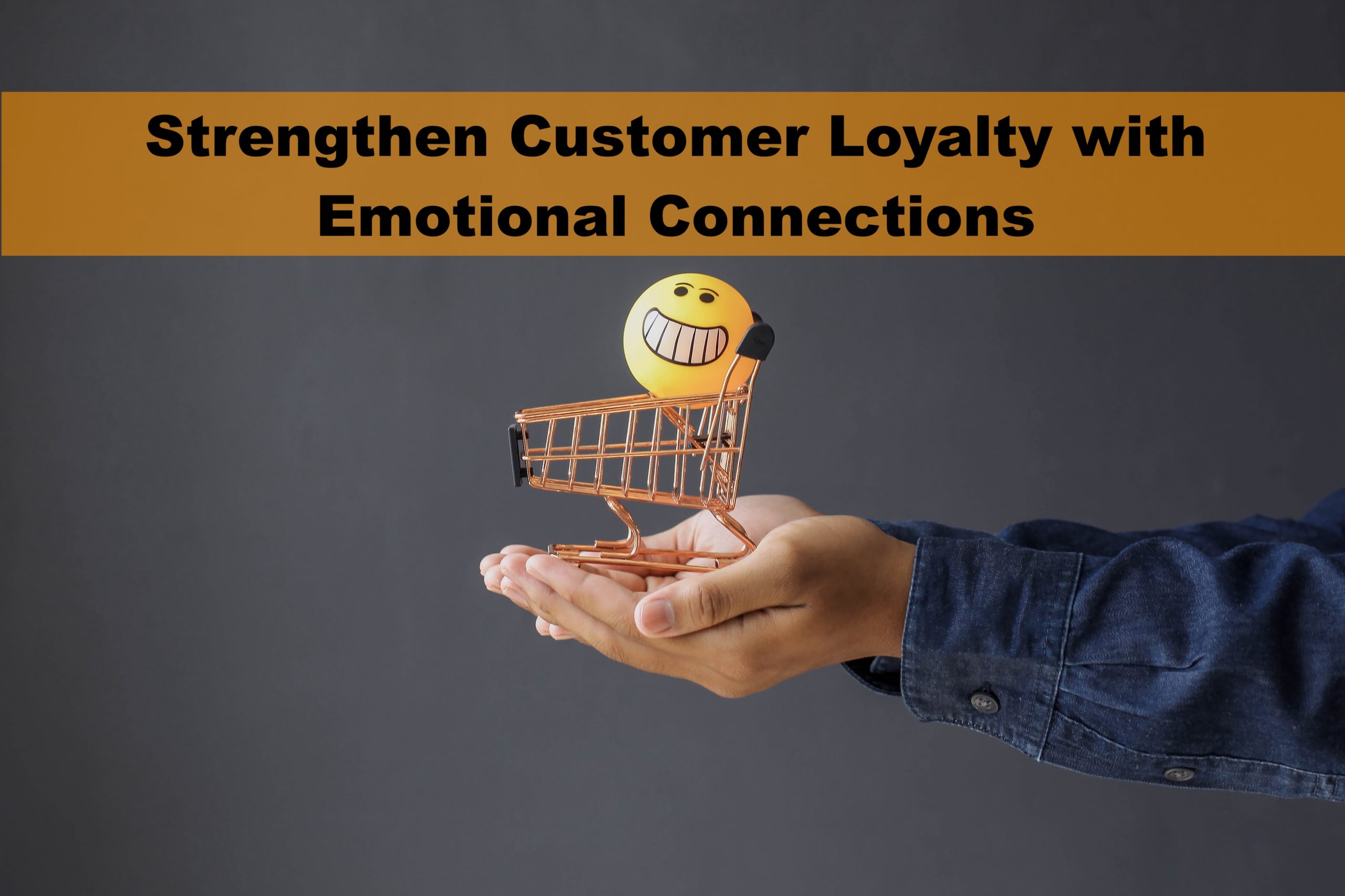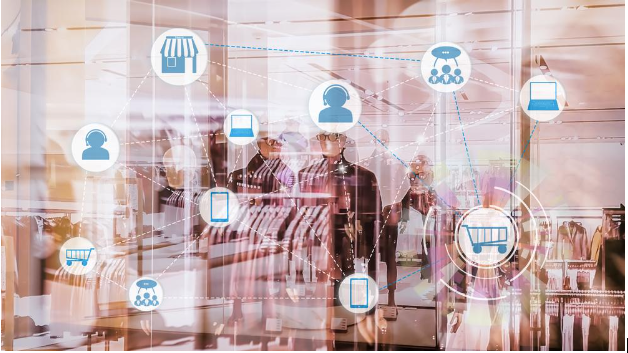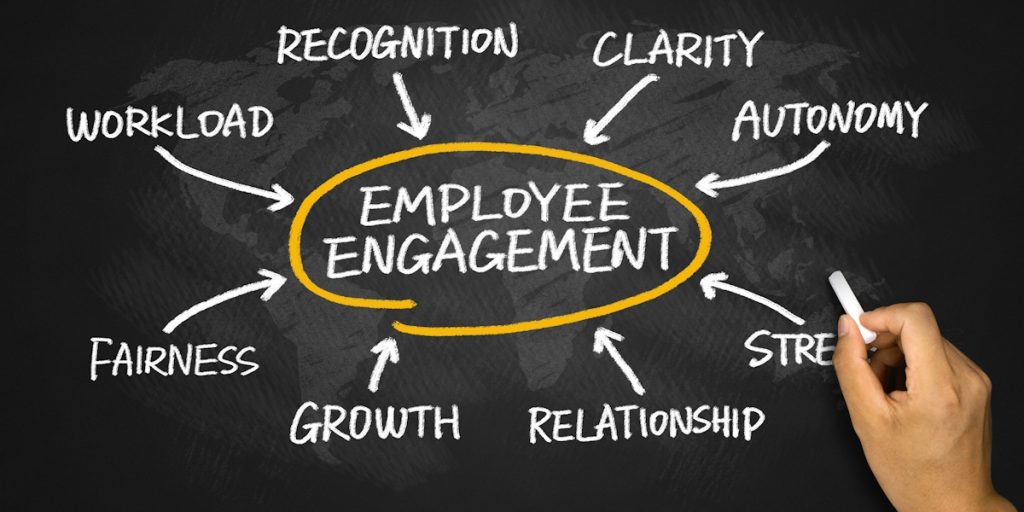Customer loyalty is the reason why most B2C businesses are successful. While many firms will work hard at improving their products or offering prices that can win over customers, it is always the emotional connection a customer feels for a brand that will more significantly affect long-term loyalty. No longer an added advantage, an emotional bond is becoming one of the most influential ways to maintain the customers engaged and coming back for more. But how exactly do emotions drive B2C loyalty? Let’s look closer into it.
What Is an Emotional Connection?
An emotional connection actually refers to that bonding and attachment established between a customer and a brand beyond the product or service. It is established based on how the brand resonates with the customer on a deeper, more personal level. That might be through shared values, memorable experiences, or just how a company’s messaging makes one feel heard. The moment that a brand has made a customer feel appreciated and valued or part of a bigger deal, the connection gets emotional.
Unlike the transactional relationship, emotional bonds develop a longer-term loyalty because they address human needs for trust, security, or belonging. Emotional loyalty is much more than a product-it’s about the emotional experience a customer has with the brand.
How Emotions Drive B2C Loyalty?
For many customers, loyalty is more than just making repeat purchases—it’s about forming a relationship with a brand that feels personal and trustworthy. Emotions drive B2C loyalty because they tap into core human motivations. Here’s why emotions are such a powerful factor in customer loyalty:
Trust and Reliability
When a brand consistently delivers on its promises, customers start to associate it with feelings of trust and dependability. This emotional trust makes customers feel secure in their decision to continue purchasing from the same company.
Sense of Belonging
Brands that cultivate a sense of community among their customers can create a feeling of belonging. Whether it’s through engaging social media platforms or personalized interactions, customers want to feel like they’re part of something. This emotional connection reinforces their loyalty, as they feel attached to the brand on a personal level.
Shared Values
Customers are more likely to stay loyal to brands that align with their values. Whether it’s sustainability, social responsibility, or transparency, emotional connections are often forged when a brand represents something that customers care about deeply.
Emotional Customer Loyalty Through Experiences
Emotional loyalty can also be built through positive experiences. Customers remember how they felt when they interacted with a brand—whether it was a helpful customer service representative or a smooth purchasing process. These positive experiences create emotional touchpoints that build loyalty.
Why Emotional Loyalty Matters More Than Transactional Loyalty?
While offering discounts, rewards, and special deals is common loyalty building, emotional loyalty affects a customer much more. Transactional loyalty would pump up short-term sales. Hence, discounts are not effective for building long-term relationships. Whereas, emotional loyalty leads to long-term retention. As few customers will switch to a competitor no matter how low the prices or convenient the option is, when they are emotionally connected with the brand, emotional loyalty will be more effective in building long-term customer relationships.
This is emotional loyalty, in which people make decisions using intuition rather than just their reasoning powers. Consequently, it is rather challenging to break such ties because it has more to do with the intangibility of the product or service in question. When customers feel a strong attachment, for instance, they find themselves promoting the brand by spreading the word and frequently giving them to others as a recommendation, thus boosting it organically.
How to Build Emotional Customer Loyalty?
Here are some strategies that businesses can use to foster emotional connections and drive customer loyalty:
Personalization
Customers appreciate when a brand takes the time to understand their preferences and needs. By personalizing the customer experience—whether through tailored recommendations, customized email marketing, or offering products that match their lifestyle—brands show that they value their customers on an individual level.
Excellent Customer Service
Positive interactions with customer service can leave a lasting impression. When customers feel like their concerns are being heard and addressed, they’re more likely to form an emotional bond with the brand. Offering quick, effective, and empathetic support can turn a one-time customer into a loyal one.
Consistency in Communication
Maintaining a consistent voice, tone, and message across all communication channels helps build familiarity and trust. Customers are more likely to stay loyal to a brand they feel connected to and can easily recognize.
Loyalty Programs That Go Beyond Discounts
Traditional loyalty programs often focus on points and discounts, but creating programs that reward customers in meaningful ways can foster emotional loyalty. Exclusive experiences, early access to new products, or charitable donations in the customer’s name are ways to appeal to their emotions and values.
Telling a Story
Brands that can tell a compelling story about their history, mission, or purpose tend to connect with customers on a deeper level. Customers are more likely to feel emotionally connected to a brand that stands for something and tells a story they can relate to.
Examples of Brands Building Emotional Customer Loyalty
1. Apple
Apple is the epitome of a brand that develops emotional loyalty. People do not buy Apple products merely to fulfill functions; they buy them because they feel they belong to a global community. Apple has put together an emotional experience where the customer feels privileged to be in an exclusive club, which means he or she is unwilling to give up.
2. Nike
Nike has successfully pursued emotional loyalty by using storytelling and shared values with its customers. Many of the communications that evolved from Nike are based on empowerment, breaking barriers, and pushing limits; this strikes so many consumers at a personal and emotional level.
3. Starbucks
However, at Starbucks, focus is on building a more personalized comfort experience with the customer: from the remembrance of your name and favorite drink to the teaching of sustainable practices, Starbucks builds emotional connections based on a sense of community and shared values that strongly drives customers to make repeat purchases.
The Role of Emotional Loyalty in Customer Relationships
Emotional loyalty is important to the formation of long-term relationships with customers. In contrast with transactional loyalty, which simply implies rewards for short-term buys, emotional loyalty provides a more intense and durable relationship that may sustain the brand through the effects of economic downturns, shifts in market, or added competition. Brands that manage to establish emotional bonding with their customers have much better retention, higher word of mouth, and eventually, greater success over time.
Conclusion
Perhaps the best ways to gain B2C loyalty in the long run are by creating emotional bonds between brands and customers. After all, though pricing and convenience are ever-present considerations, it is emotions that can make such brand bonds last longer. Brands can achieve emotional customer loyalty by focusing on personalizing the customer experience, providing great service, and aligning with their audience’s values, making the transaction forgettable and holding a valued position in consumers’ hearts.
FAQs on Emotions and B2C Customer Loyalty
1. How does emotional loyalty differ from traditional loyalty programs?
Traditional loyalty programs focus on tangible rewards, like points or discounts. However, personal connections and experiences that make customers feel valued and emotionally invested in the brand build emotional loyalty.
2. What is an emotional connection in the context of customer loyalty?
An emotional connection refers to the personal bond customers feel with a brand based on shared values, positive experiences, and trust. This bond often leads to stronger, longer-lasting loyalty.
3. Why is emotional customer loyalty more effective than transactional loyalty?
Emotional customer loyalty is more effective because it builds deeper relationships. Customers who are emotionally connected to a brand are less likely to switch to competitors, even when faced with better prices or offers.
4. Can loyalty programs help build emotional loyalty?
Yes, loyalty programs that go beyond simple discounts and rewards can help build emotional loyalty. Programs that offer personalized experiences or align with the customer’s values create deeper emotional connections.
5. How do emotions drive B2C loyalty in today’s market?
Emotions drive B2C loyalty by fostering trust, shared values, and a sense of belonging. Brands that make customers feel good or understood are more likely to see long-term loyalty.
6. What role does customer service play in building emotional loyalty?
Excellent customer service is a key driver of emotional loyalty. When you handle customers’ concerns with care and empathy, they are more likely to form a personal connection with the brand.
How Can Emotional Connections Strengthen Customer Loyalty?





